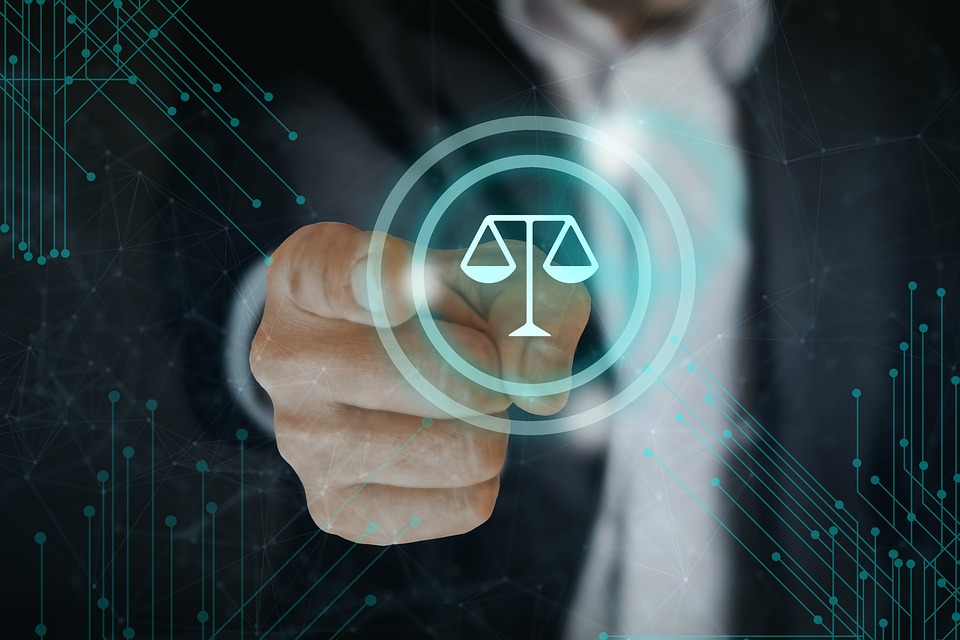The Environmental Crimes Field (ECF) process is a tool used by the United States Environmental Protection Agency (EPA) to investigate and prosecute environmental crimes. The ECF process was created in 1992, and has been amended several times since then.
The ECF process was created in response to an increased need for environmental enforcement. The aim of the process is to make environmental crime investigations and prosecutions more efficient and effective, while still protecting the environment. The process starts with an initial investigation, which can be conducted by either the EPA or other law enforcement agencies such as state or local police departments. If a violation is found during this initial investigation, then it will be referred to the Environmental Crimes Section (ECS) within the Department of Justice (DOJ).
At this point, there are three main steps involved in the ECF process: investigation, prosecution and sentencing. During the first step of investigation, ECS attorneys will review all available evidence in order to determine whether a criminal violation has occurred. This may include document review, interviews, physical inspections and the collection of environmental samples for analysis. If a violation is found during the investigation, then it will be referred to the U.S. Attorney’s Office for possible criminal prosecution.
The criminal prosecution phase typically involves ECS attorneys working with a team of prosecutors from the local or state district attorney’s office in order to present a case before a judge and jury. During this phase, witnesses may be called and evidence presented in order to prove that an environmental crime has been committed by the defendant. If convicted, then sentencing will occur during which time penalties such as fines or jail sentences can be imposed on the offender.
Environmental crime is a serious offense and can have serious consequences. The U.S. Environmental Protection Agency has put in place several measures to ensure that individuals and businesses who violate environmental laws are held accountable for their actions. In addition to civil penalties, the EPA may refer cases to the U.S. Attorney’s Office for criminal prosecution









